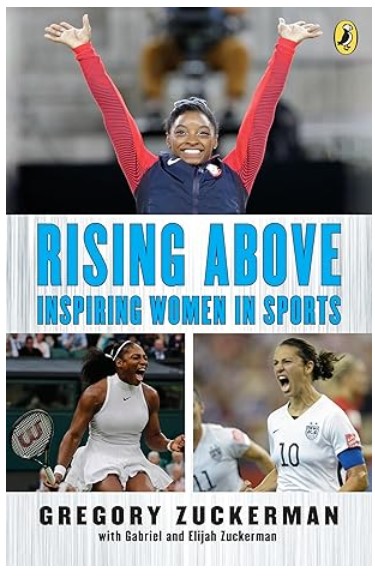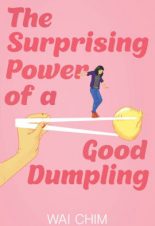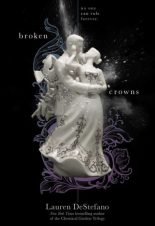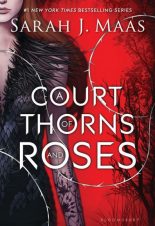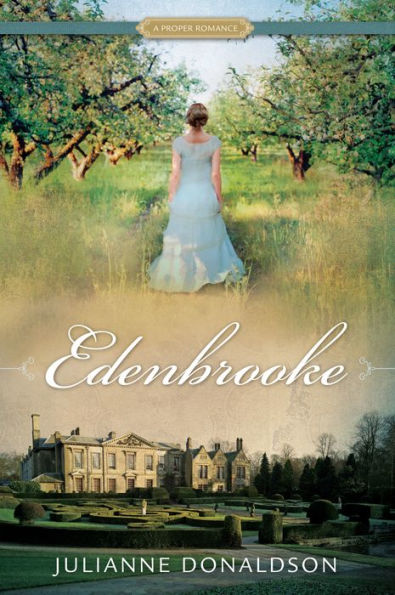
Buy This Book Buy This Series
“But he had become a friend to me when I had no other. And a friend who seemed to know me well, and accept me, and one in whom I could confide was a treasure. A priceless treasure,” Marianne Daventry. —Edenbrooke
Edenbrooke
by Julianne Donaldson
Strong Female
15+
Score
4.3
272
Marianne Daventry is a seventeen-year-old girl in 1816 England who finds no pleasure in becoming a proper lady. She loves to be in the country and twirl, but since her mother passed away and her father ran away to France to mourn, she has been stuck in Bath with her grandmother who shows her little affection. When Marianne’s twin sister Cecily invites her to stay in Edenbrooke, the country estate of one of their mother’s childhood friends, Marianne thinks things might just be looking up for her. She is excited to escape boring Bath and bask in the countryside. However, Marianne’s grandmother will only allow her to go to Edenbrooke if Marianne agrees to become a proper lady.
While on her way to Edenbrooke, Marianne has a frightening encounter with a highwayman, who shoots her coachman. She seeks help at an inn, where she meets a mysterious handsome stranger who helps her. The mysterious stranger leaves before Marianne can discover his full name. Edenbrooke may not be her tranquil escape after all, as romance enters her life in a way she never expected, and her sister tries to win the heart of the heir of Edenbrooke. Marianne is forced to decide if her loyalties lie with her sister or with her own heart.
Edenbrooke is a sappy romance much like any of Jane Austen’s classic novels. Although the storyline is very predictable, readers will fall in love with Marianne and her quick wit. Her desire for true friendship and to feel loved by her family makes her character relatable and believable. Even though it is a romance novel, most of the book is about the friendship the characters first develop and how Marianne’s feelings begin to shift from friendship to romance. Because the story is told from first-person point of view, readers become close to Marianne’s thoughts, making her even more relatable.
Because the story is set in 1816, the author uses older difficult words, such as “incorrigible” and “odious.” Although the beginning is a little slow, once the reader gets past the first chapter, they won’t want to put the book down, because they will be intrigued by the mysterious man Marianne meets at the inn and her mixed feelings for him. Readers searching for a pure, heartfelt, romantic story will find what they are looking for in Edenbrooke.
Sexual Content
- Marianne’s cousin, Mr. Kellet, is known for being promiscuous. “Nothing put Grandmother in a sour mood as surely as hearing about the latest scandal involving her heir. He was a rake and a scoundrel and had gambled away all of his own money while waiting to inherit Grandmother’s sizeable fortune.”
- Marianne often compares herself to her sister Cecily, who is much more flirtatious than she is. She thinks her sister, “flirted easily with gentlemen.”
- Mr. Whittles, a middle-aged man who is rather repulsive, tries to court Marianne. When she is leaving for Edenbrooke, “he grabbed my hand and lifted it to his mouth. The kiss he bestowed on my hand was so wet it actually left a mark on my glove.”
- Philip often flirts with Marianne and makes her blush. His flirting consists mainly of friendly teasing and playful compliments. On the night they first meet, Philip tells Marianne, “‘I don’t think I have ever met a lady like you, Miss Marianne Daventry, and I would feel very sorry to forget anything about this evening.’ I suddenly could not breathe. My blush spread to my ears, and I knew, deep in my bones, that I was no match for this man, not with my games or my confidence or my wit.”
- After telling Philip how her mother passed away, part of Marianne, “wanted to lean into the cool glass of the window, away from him, and the rest of me wanted to lean against him, into his warmth.”
- Marianne and Philip stare into each other’s eyes, and it seems as if they are going to kiss. “His eyes were persuading me that I wanted that something. They were inviting me closer, drawing me closer, convincing me to learn, to fall, to dive into their blue depths and never resurface.” The moment is interrupted when Philip’s uncle walks in because Philip always makes a point to leave the door open when he and Marianne are alone.
- Philip brushes Marianne’s hair out of her face, “his fingers brushing my cheek and neck in a surprisingly intimate gesture. My heart skittered at his touch, a blush rising to my cheeks.”
- Marianne has a sudden desire to kiss Philip. “He grinned wickedly. To my astonishment, I suddenly had the strongest urge to kiss those lips, wicked or not.”
- Philip lets Marianne use his jacket as a pillow when she naps outside. When she thanks him, he flirtatiously says, “You are welcome to use my pillow any time.” She scolds him for being inappropriate.
- Marianne goes to a far part of the estate to be alone. When she returns, Philip is waiting for her at the horse’s stall, concerned. He asks her if she cares for him. He puts his hand on the wall above her shoulder. “Without thinking, I put my hand on his chest, meaning to push him away. But as soon as I touched him, I froze . . . It took all of my concentration not to slide my hands up his chest, over his shoulders, around his neck, not to curl my fingers into his hair, not to pull his head down to mine . . .” Marianne tells him she cares for him only as a friend and host.
- Philip teaches Marianne how to write a love letter. He writes, “Where is your compassion when I need it most? Open your eyes, love, and see what is right before you: that I am not merely a friend, but a man, deeply, desperately in love with you.” It is later revealed that Philip was writing about Marianne, in hopes that she will realize his feelings for her.
- Cecily and Marianne run into Mr. Kellet in town. When Marianne asks why Cecily flirted with him knowing his scandalous reputation, Cecily says it’s because “rakes are the best kissers.” She implies that she has had experience kissing “rakes.”
- Cecily thinks flirting is perfectly fine, even within a marriage. “Everyone knows it is perfectly acceptable for a lady to flirt,” Cecily said. “As long as she is discreet. And her husband will appreciate having the same freedom.”
- Marianne talks to Rachel, Philip’s sister-in-law, who says her father would not approve of what her husband and Philip will do on their future trip. She says she tries not to know what they do, and all Marianne, “could think was that the only reason a woman would not want to know what her husband was doing was if he was doing something improper.” Marianne later learns that Philip and his brother are going on a trip to buy racehorses, not to do anything scandalous.
- Marianne and Philip dance at a ball. “When he touched my waist, he did not rest his hand passively and lightly. Rather, he pulled me toward him, his hand pressing on the small of my back, so that in a step I was so close I could feel him breathe. . . I could not believe I had ever danced this way without realizing how intimate it was.”
- Cecily tells Marianne that Mr. Kellet kissed her, without details. Marianne is shocked, then she, “remembered that Philip was off seeking the same type of pleasure.” Philip is actually buying horses.
- Rachel reads a letter from her husband to Marianne. “Philip has fallen in love with a real beauty, with nice legs and beautiful lines. He thinks the price is too dear, but I would not be surprised if he brings her home in the end.” Marianne thinks the description is of a woman, but it is of a horse.
- Mr. Beaufort, Mr. Whittles’s nephew, proposes to Marianne. She refuses, and “he took my hand and pressed his lips to it.”
- Mr. Beaufort kidnaps Marianne because he knows of the fortune she will inherit. Marianne thinks, “No one would want me if I passed the night with Mr. Beaufort, no matter what he did or did not do to me.”
- Mr. Beaufort forcibly kisses Marianne. “He grabbed me around the waist, pulled me to him, and pressed his mouth against mine.”
- Mr. Beaufort forcibly kisses Marianne again. Marianne, “twisted and turned in his grip, but he only held me tighter and pressed his vile lips against mine.”
- Philip and Marianne kiss. The scene lasts for two and a half pages, although most of it is dialogue. Neither can understand how the other didn’t know of their feelings. “His lips were firm and insistent, gentle and caressing. His fingers threaded in my hair, holding my head exactly how he wanted it while he kissed me one way, then another, until I trembled in his arms…His arms surrounded me, pulling me close, holding me as if I was infinitely precious.”
- In the same scene, Philip wipes Marianne’s “tears, and he kissed me again, and again, and whispered things too sublime to repeat, until I was thoroughly convinced, he was madly in love with me, Marianne Daventry, a girl with no great figure, too many freckles, and a propensity for twirling. And then I knew I had met my match.”
- Philip and Marianne kiss one more time, though not in great detail. “He caught his breath, and then I felt his lips curl up into his wicked grin. It was delicious.”
Violence
- Marianne’s carriage is stopped by a highwayman. He shoots her coachman. “A loud shot erupted the silence. I jumped, startled. A man cried out, and the carriage jerked forward, then stopped again.” Marianne’s coachman’s wound is not described in great detail. Marianne, “felt a sticky wetness on his shoulder. He had been shot.”
- The highwayman tries to force Marianne out of the carriage. “He gripped my ankle, then twisted hard. A pain shot up my leg. I fell on the floor of the carriage, face down, and was pulled backward.” He is unsuccessful at pulling Marianne out because her maid shoots at him. It is not told whether she hits the highwayman or not, but he leaves.
- Marianne tells how her mother died in a horseback riding accident. She tells Philip how her mother, “would take any jump fearlessly, no matter how high it looked. . . My father found her. I am sure you can imagine the rest easily enough.”
- Marianne’s maid says that Marianne’s grandmother, “threatened to cut out my tongue and eat it for breakfast” if she told Marianne that it was her grandmother’s idea for her to go to Edenbrooke. Marianne jokes that “she would not have eaten it for breakfast. You know she only eats meat at dinner.”
- Mr. Beaufort convinces Marianne that he has kidnapped her maid in order to make her come willingly with him. He threatens her that she wouldn’t, “want her to be hurt the way your coachman was hurt, do you?” He didn’t actually have her maid.
- In her effort to escape Mr. Beaufort, Marianne convinces him to close his eyes and, “held the penknife to his throat, and called on my courage. I found it lacking. I couldn’t do it. I couldn’t stab him like this.” She has him open his eyes and, “pressed the knife into his skin until it drew blood.” Later, she “stabbed blindly at his hands.”
- Marianne shoots at Mr. Beaufort with his pistol but misses.
- Philip duels Mr. Beaufort to protect Marianne’s honor. “Philip looked perfectly in control, his sword bending the skin of Mr. Beaufort’s neck without piercing it.”
- Marianne asks Philip not to kill Mr. Beaufort. Instead, Philip gives Mr. Beaufort’s face a cut with his sword, “from his chin, through his lips, to the side of his nose.”
Drugs and Alcohol
- Mr. Beaufort drinks when he kidnaps Marianne. “He poured himself three glasses, and at the end of the third glass, he set it down clumsily on the table.” Marianne thinks it is wine at first, but she later realizes he is drinking brandy.
Language
- None
Supernatural
- None
Spiritual Content
- None
“But he had become a friend to me when I had no other. And a friend who seemed to know me well, and accept me, and one in whom I could confide was a treasure. A priceless treasure,” Marianne Daventry. —Edenbrooke
Latest Reviews
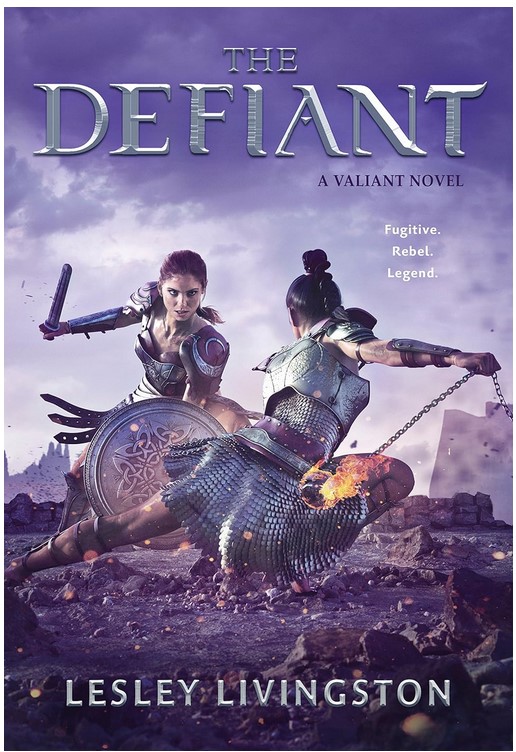
The Defiant
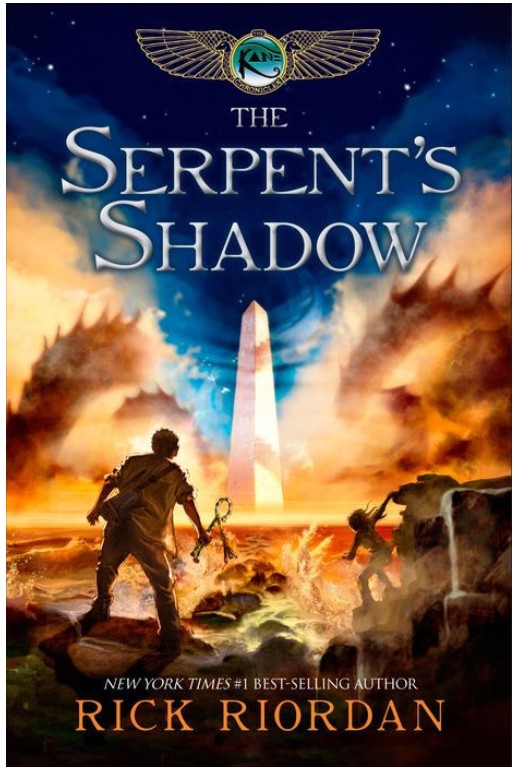
The Serpent’s Shadow
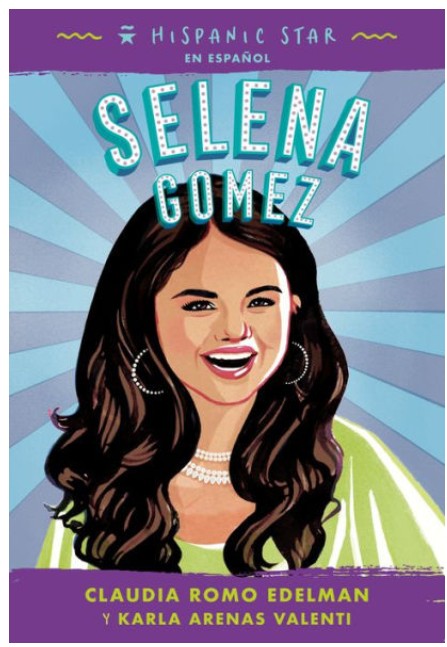
Hispanic Star: Selena Gomez
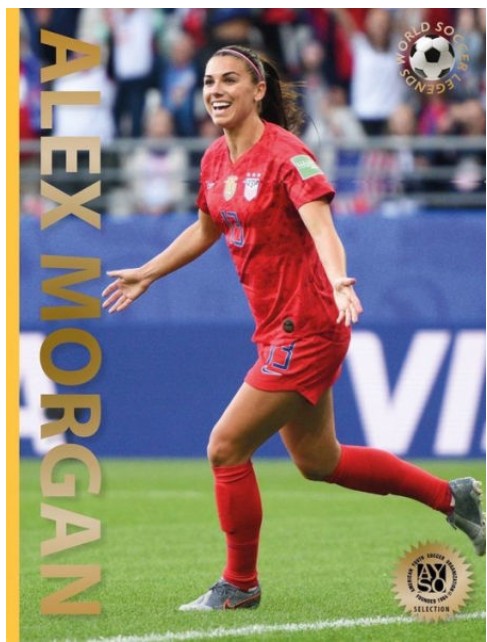
Alex Morgan
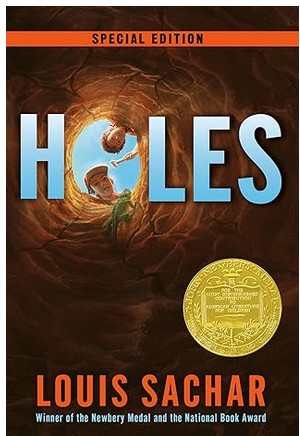
Holes
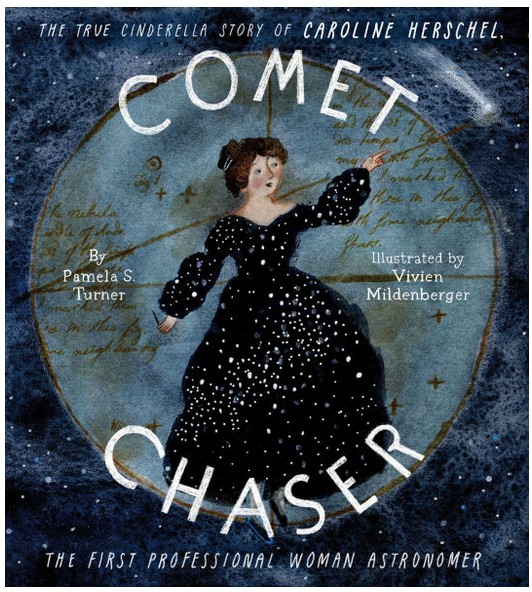
Comet Chaser
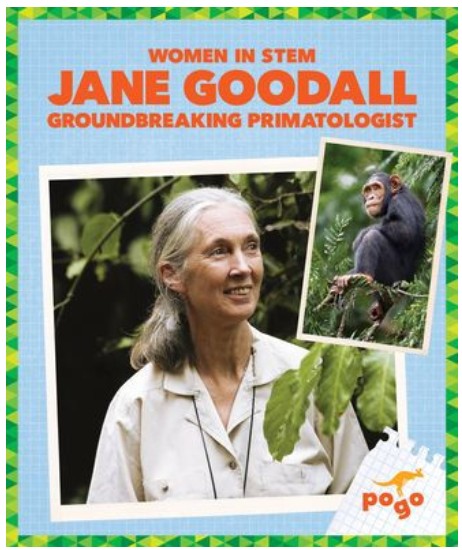
Jane Goodall: Groundbreaking Primatologist
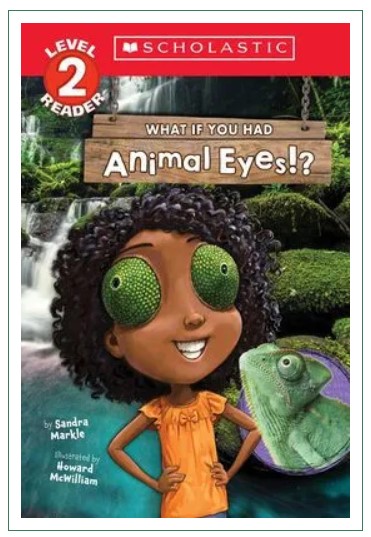
What If You Had Animal Eyes!?
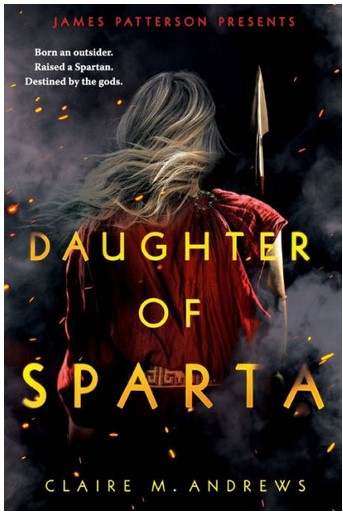
Daughter of Sparta
